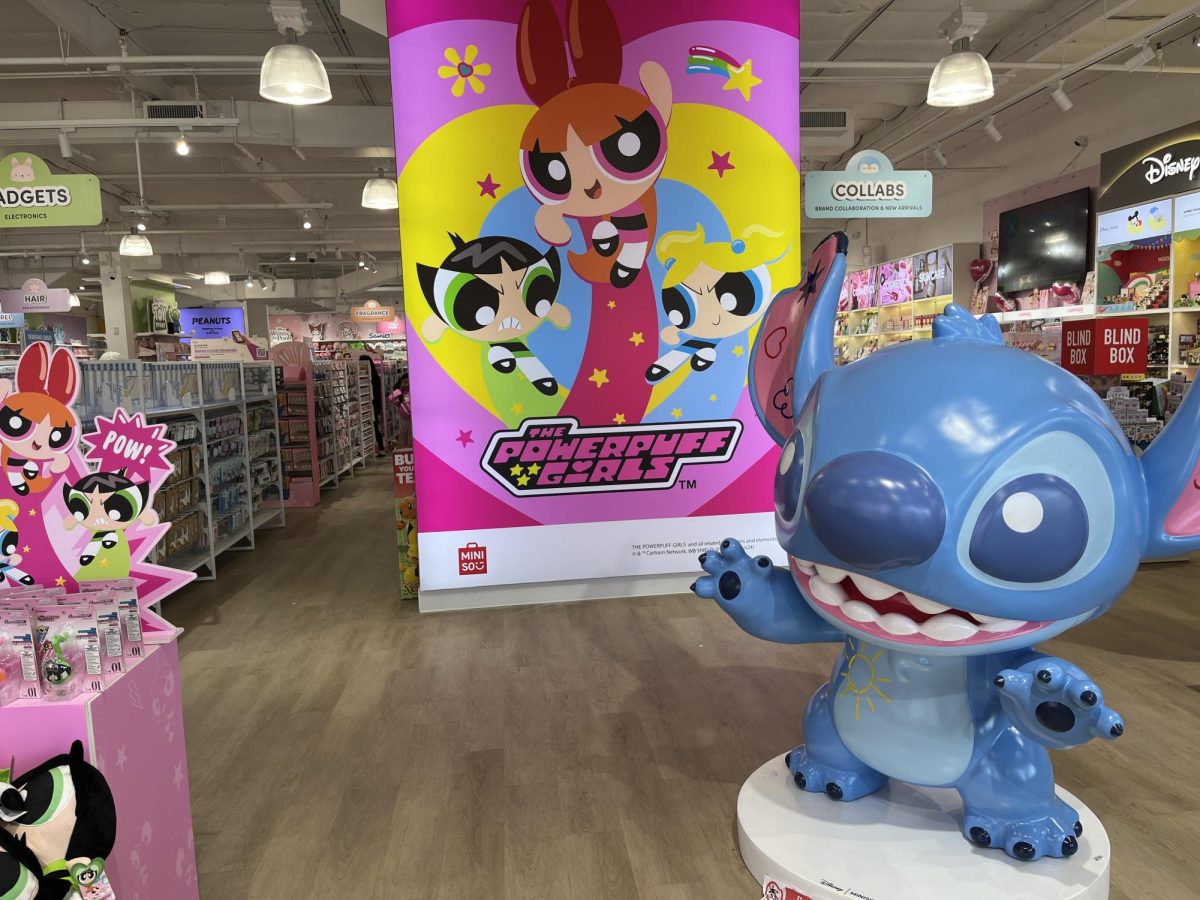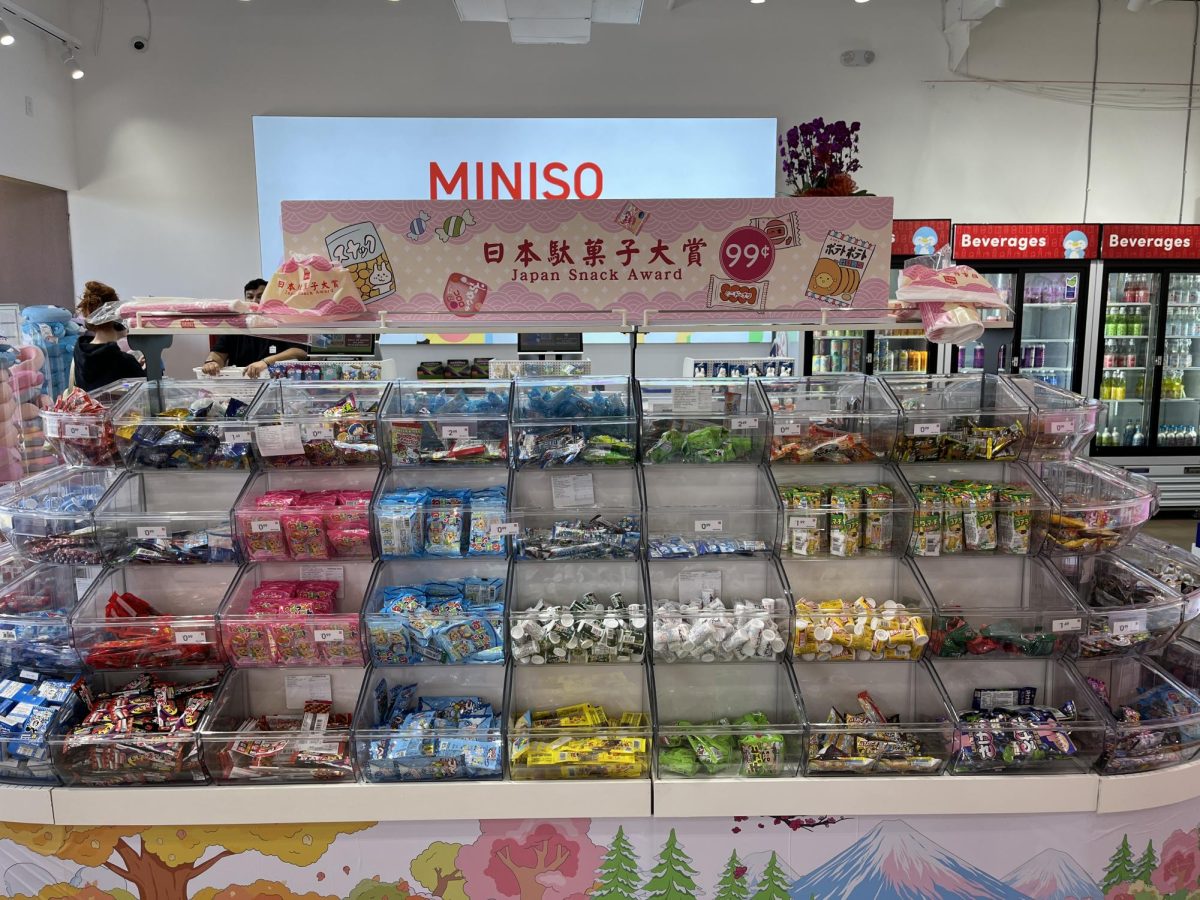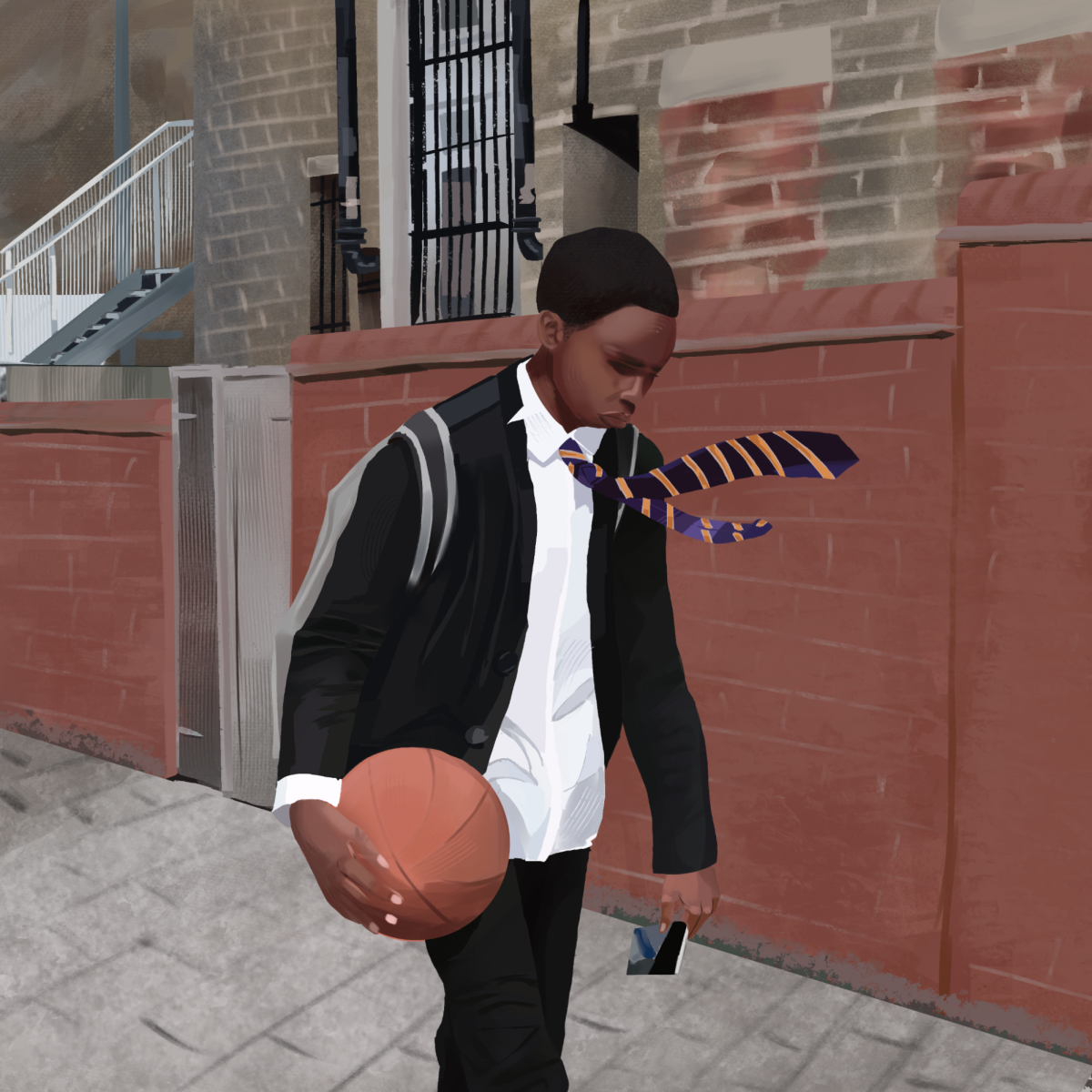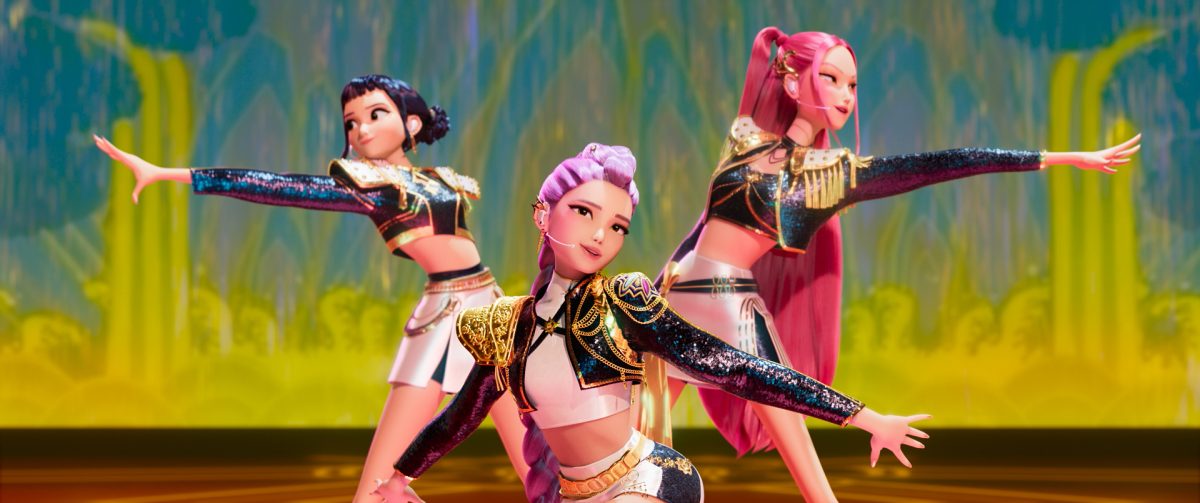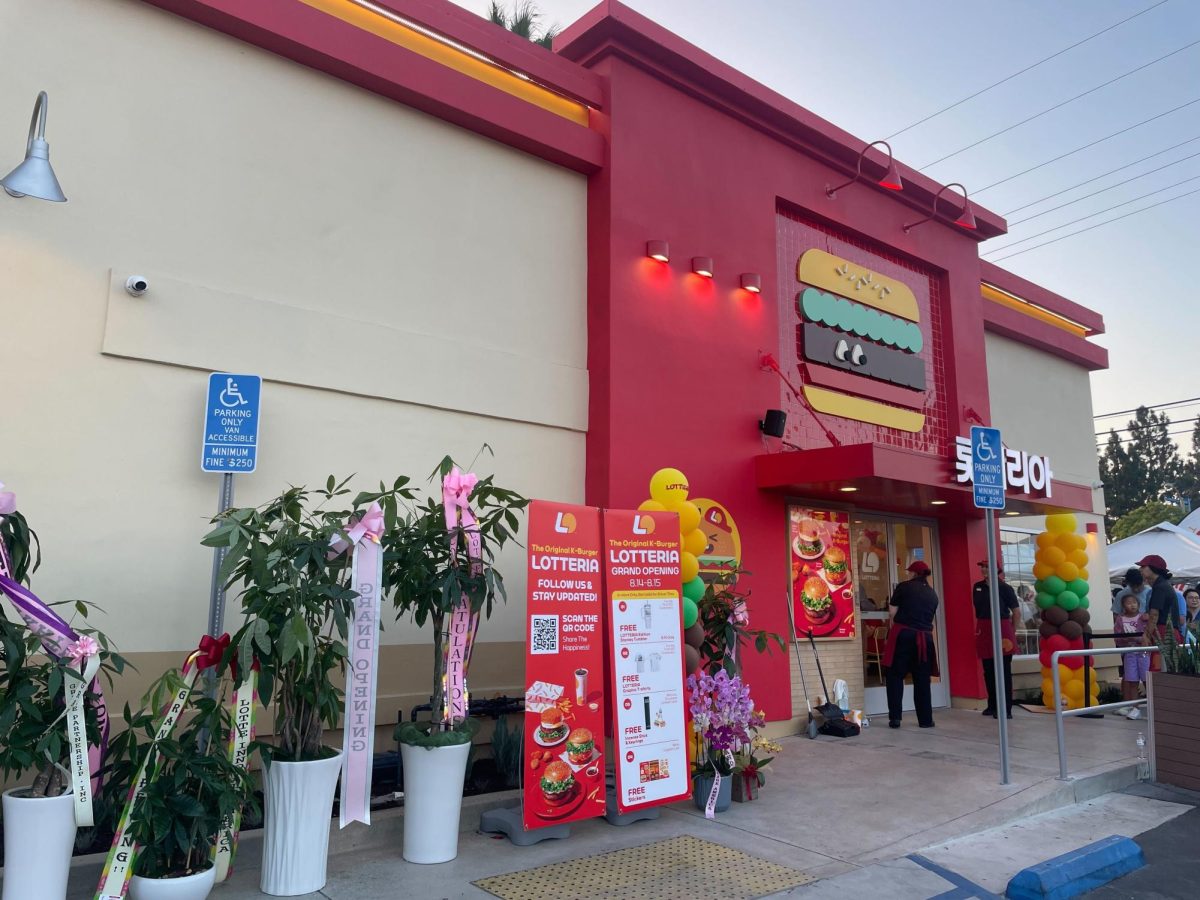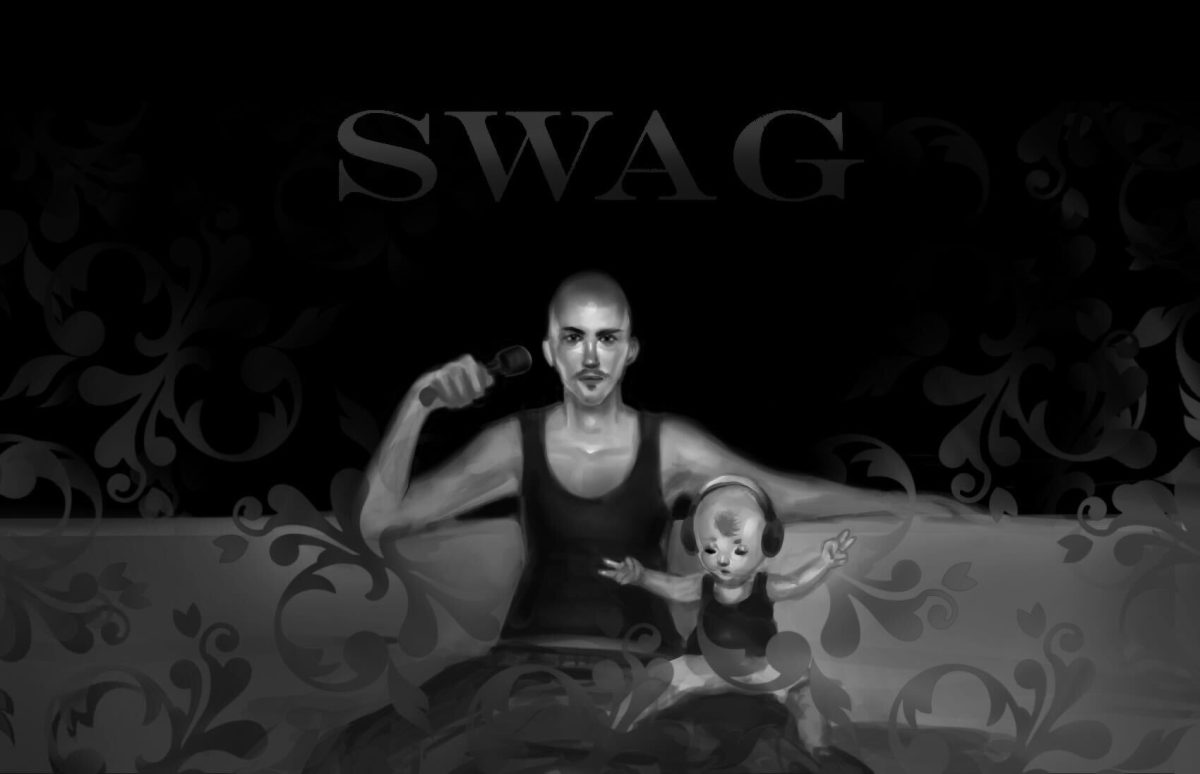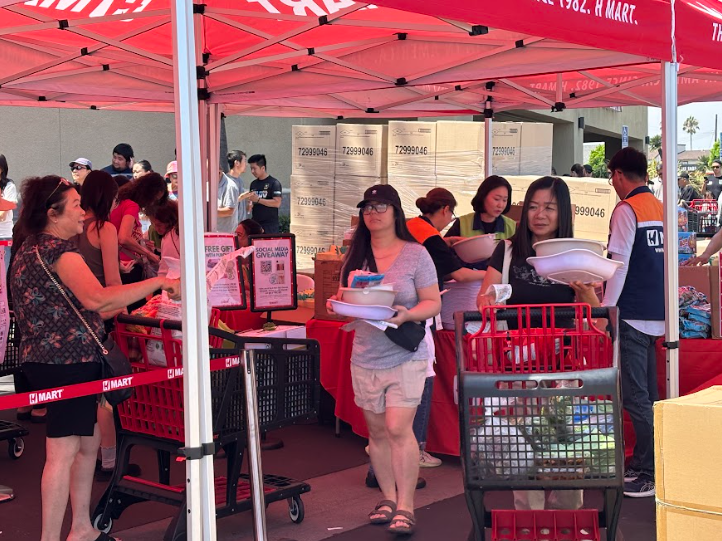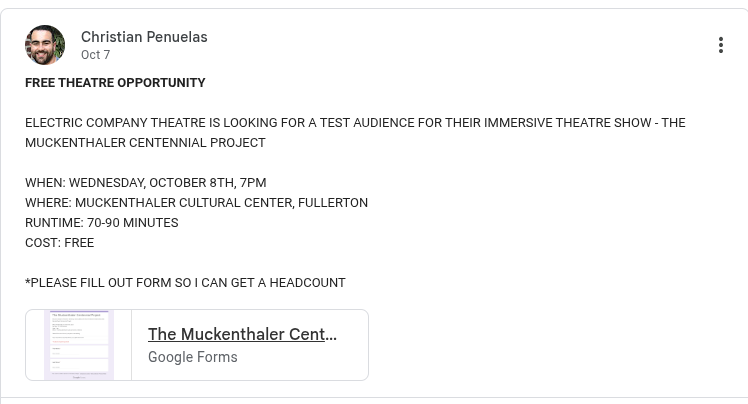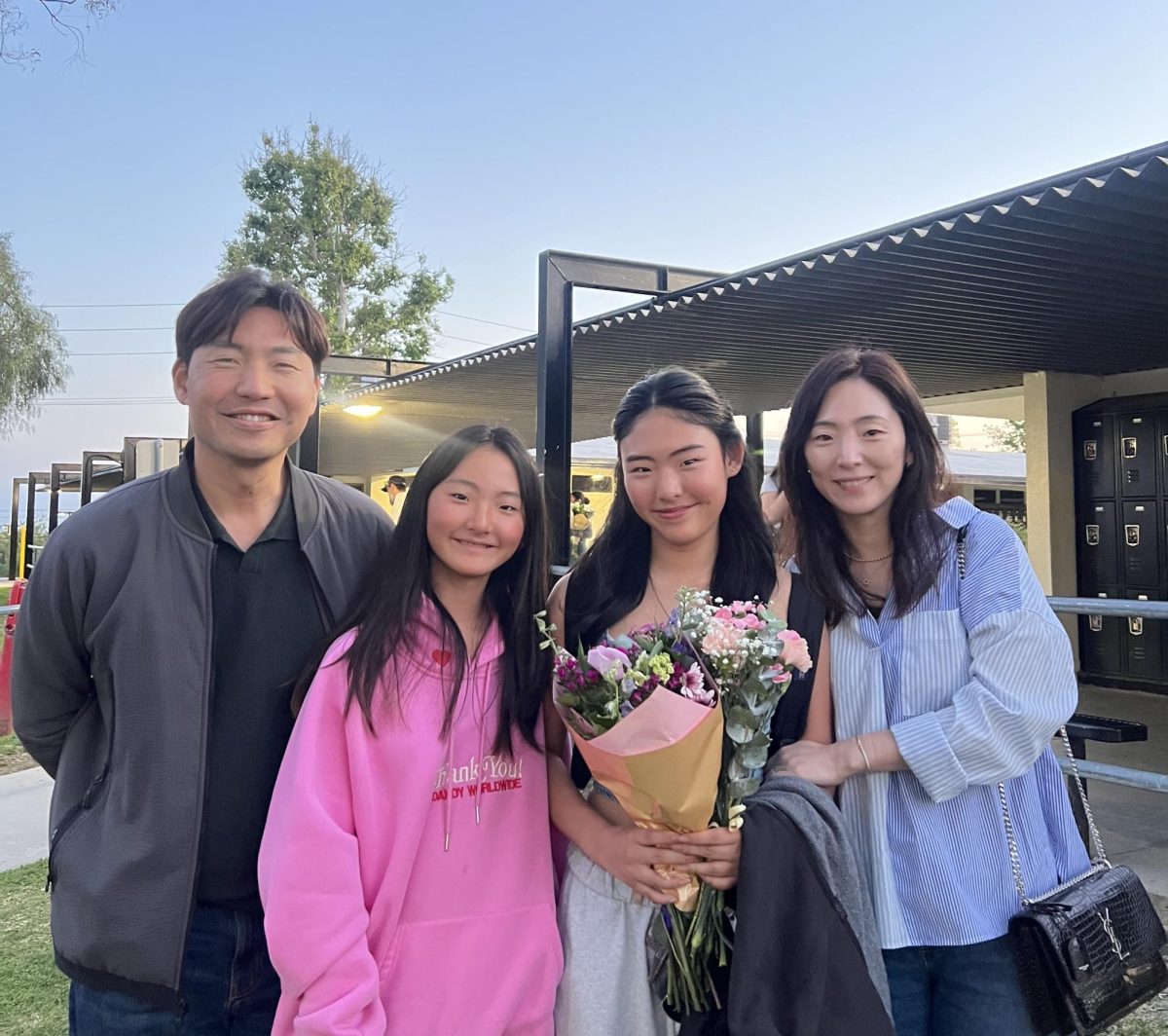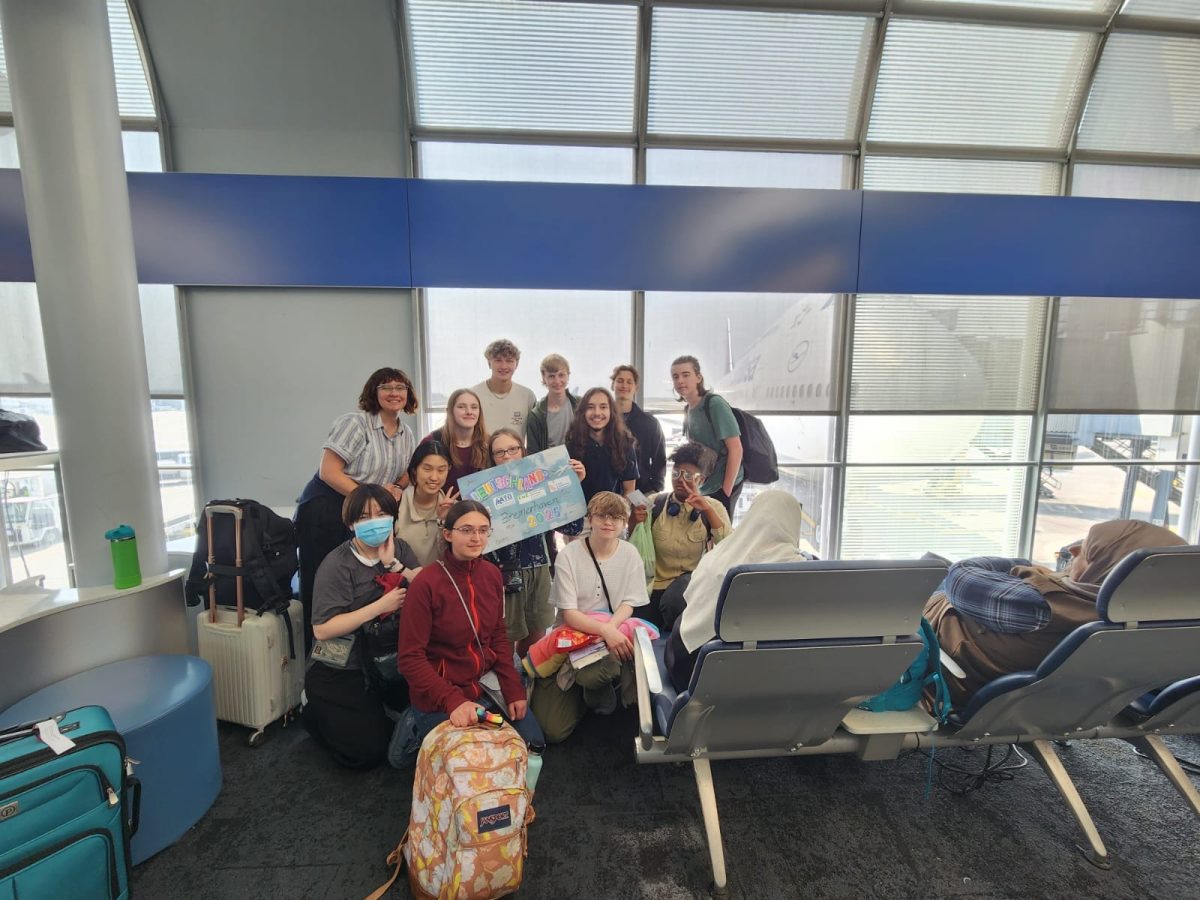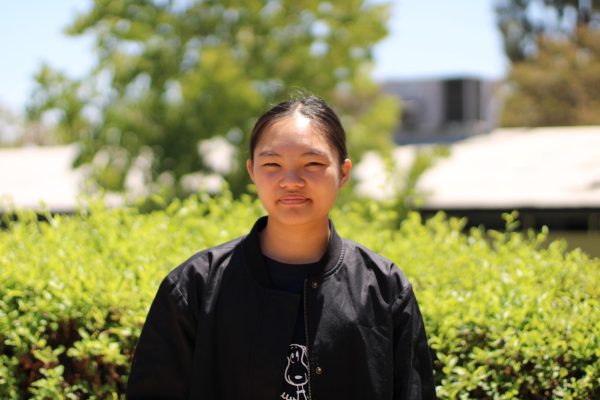For the past decade, East Asia has planted trendy stores across the U.S.
After Japan planted seeds with Daiso and Mitsuwa Marketplace, then Uniqlo and MUJI, China soon followed by sending MINISO to the U.S. At most, the store provides an aesthetically pleasing area that will attract students to hang out and look at what the store has to offer but definitely not one students can go on a shopping spree at.
China’s MINISO Group Holding Limited runs the store and has established 52 stores around the U.S. Upon entering the store at 2899 El Camino Real in Tustin, a giant mascot greets the customer along with hundreds of products marketed all based on certain franchises. Pastel products and cute characters line the aisles as trendy music from East Asia, like K-pop or J-pop, plays in the background.
The Irvine Company Retail Properties website announced the grand opening of one of its stores in the Marketplace based on the borders of Tustin and Irvine and accompanied the celebration with a 10% discount for its customers as well as a free goodie bag, which wasn’t able to be attained, for its first 50 customers. Upon a Saturday, March 15, visit — its second day available to the public — Sakeru Grape Gummies ($2.49) and Josh Bosh Freeze Dried Watermelon Candy ($3.49) were purchased, costing a total of $5.98.
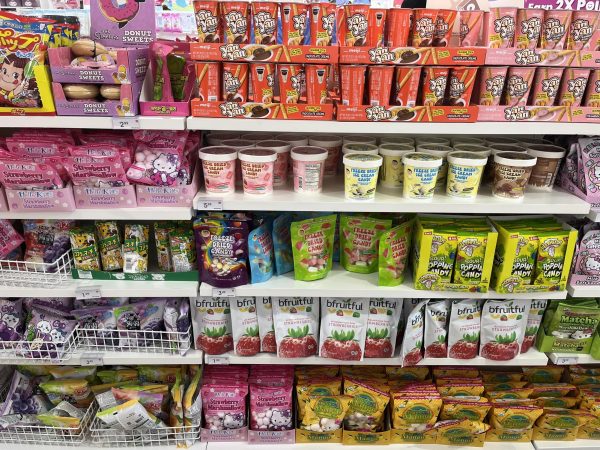
The Sakeru Gummies were marketed as having a fun element to them, where the candy could peel off from a sheet in strips, however, it was difficult to do so, and the sheet was too thin to chew like a usual gummy.
The Josh Bosh Freeze Dried Watermelon Candy, which comes from a unique New York-based company that became popular after a viral obsession with such products, was sold along with similar treats and was a sweet and crunchy confectionery. This candy is not commonly found outside of MINISO, which might interest students in coming to check out the store and the product.
The store collaborates with different companies and sells products in the style of Peanuts, Sanrio, Pokémon and other popular franchises that many teens are familiar with. From snacks to makeup and stuffed animals to kitchenware, MINISO provides a wide variety of merchandise, but the store’s only appeal is for those who window shop.
Customers can find the store packed with trendy blind boxes and plushies that have gained popularity among youth, but the merchandise prices are a different story — ranging from products that cost a dollar to over $20. Though recent tariffs may have caused such high prices, most items are above the $1.75 mark that a similar store, Daiso, charges for its own foreign-imported products.
Near the entrance of the store, a snack bar sits in front of the cashier register with a sign announcing 99-cent snacks from Japan: colored candy pellets in a keyhole-shaped foil and plastic sandwich, sweets boasting to contain the same taste as popular Japanese soda Ramune and even strips of gummy claiming to taste like grape. In aisles close to these candy containers are other snacks from Japan or Korea like Yan Yan, cracker sticks that can be dipped into chocolate, and Yoppoki, an instant Tteokbokki cup.
Such snack products are great for a first-time buy. Some of the low-priced snacks cost less than what Daiso charges, and one-time visitors can take advantage of the deal to get a souvenir snack for only a dollar. Most of the products though are quite costly, for example $3.25 efrutti gummies only costs a dollar less at Daiso and Hello Kitty marshmallows for $3.99 at MINISO but $2.99 at H-Mart. For a frequent purchase, a customer would be better off visiting Mitsuwa, H-Mart or Daiso to find the snacks at a better price or with a “buy more pay less” deal attached to it.
Lastly, customers might notice a lack of price tags on products around the store. A few signs are scattered around showing the overarching price of certain products. The lack of transparency with prices lowers their affordability as consumers may only find out about them at the cash register.
Not all the products are as expensive as they seem as MINISO offers T-shirts, which include designs belonging to the franchises the store collaborates with, in a $10 price range — considerably affordable in these times. Most rates lie around the products and encompass more than one specific line of merchandise like the few “$9.99” signs around the many blind boxes of the store, which brings upon another positive as the average cost of blind boxes at PopMart, a store dedicated to such products, is $17 while MINISO charges approximately $5 less for theirs.
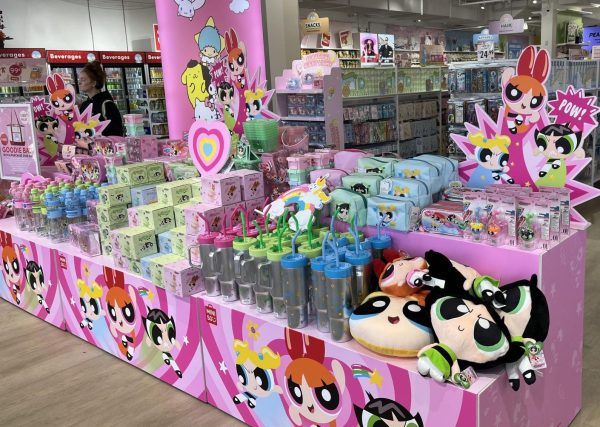
MINISO itself has many appeals, considering its wide range of collaborations bring those with interests to its store to shop for mugs, plushies, stationary and other merchandise all based on a specific theme or line of characters. The store gives those invested in certain franchises a gateway to find products to use in daily life that simultaneously express their interest, such as a Peanuts-themed charger.
This works as a potential way to interest America in what Asia has to offer, however, its appeal lasts for a minute period in which the receipt gets too long and wallets get too empty. To fix that problem, MINISO should see how fellow popular Asian stores operate not only in visuals and merchandise but also in pricing; not only should this company aim to bring people in its doors but also encourage them to come back.



